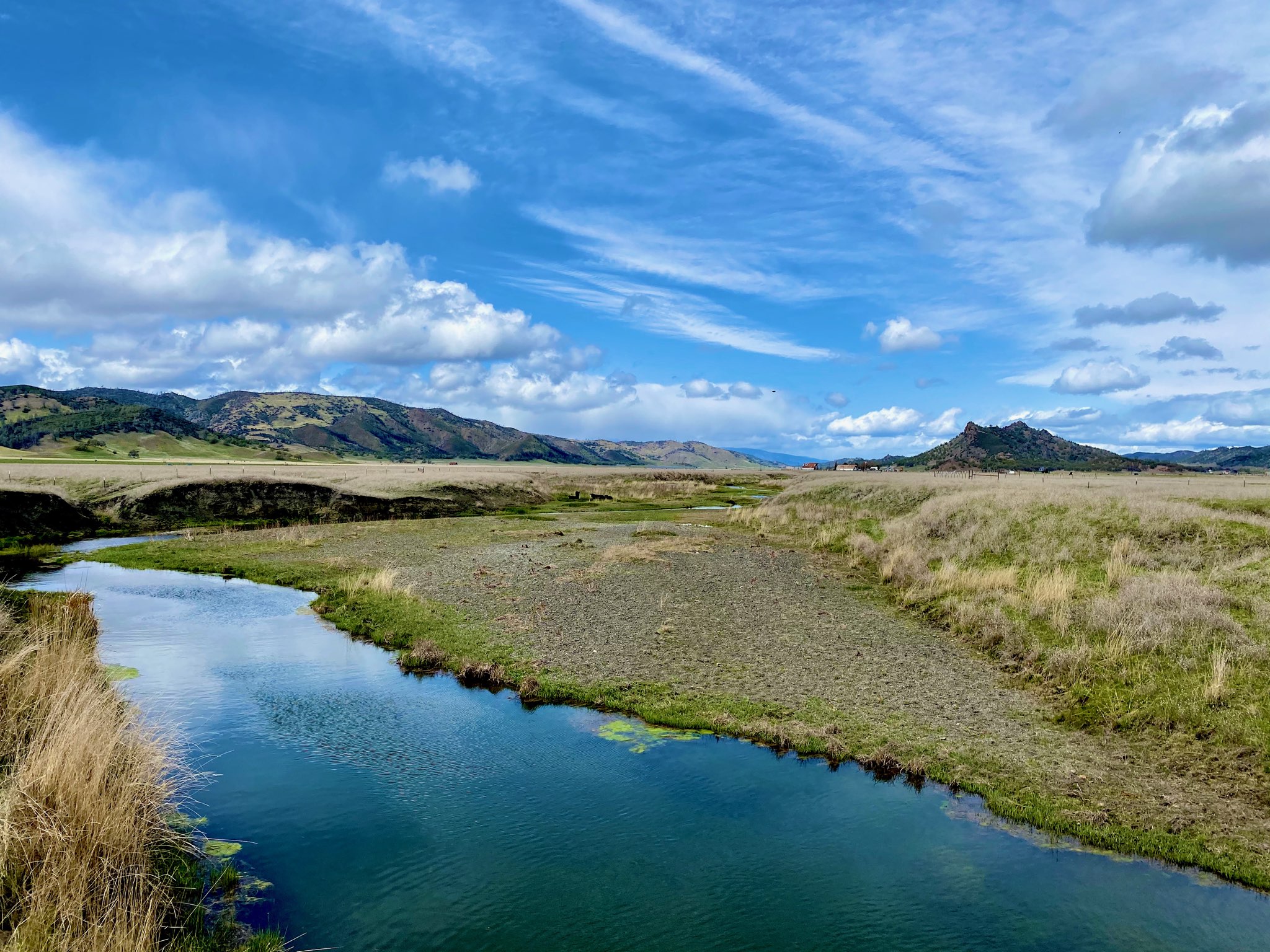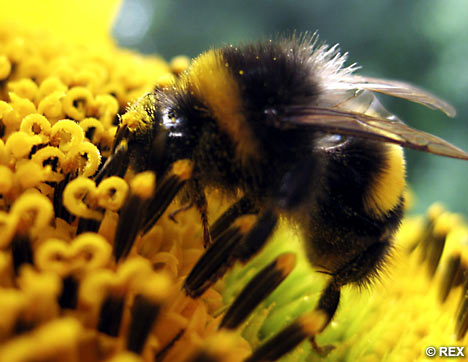GROUNDBREAKING RESEARCH INTO WORKING LANDSCAPES
Protecting California rangeland provides $1 billion in ecosystem services annually, according to new study
(SACRAMENTO) – Working lands conservation by California’s largest land trust annually provides between $900 million to $1.44 billion in environmental benefits — including habitat, carbon sequestration, food and watersheds, according to a new study released today.
The study, conducted by the University of California, Berkeley, examined 306,718 acres of California Rangeland Trust’s conservation easements across the state to explore both the environmental and monetary value of preserving California’s open spaces.
“This study demonstrates the importance of caring for and stewarding California’s land, so that it can serve our communities in return,” said California Rangeland Trust CEO Michael Delbar. “Conserving the state’s open spaces and rangelands isn’t just about ranching. It’s about investing in environmental services that will benefit Californians now and into the future.”
Employing a comprehensive literature review of ecosystem services and a global average of the monetary value of environmental services per acre, the study reports conservation easements—an agreement between a landowner and a qualified land trust regarding the future uses of private property—return up to $3.47 for every dollar invested under current zoning requirements, further emphasizing the long-term benefits of land conservation.
“Our research found there is immense economic value in ecosystem services provided to society through rangeland conservation,” said Lynn Huntsinger, professor of Environmental Science, Policy, and Management at UC Berkeley. “The study further underscores how protecting California’s working landscapes provides us with food, clean water, fire protection and many more vital benefits.”
Since 1984, more than 1.4 million acres of land in California have been converted from agricultural to other uses—78 percent of which has been lost to urban development.
The study’s findings estimate that conservation efforts by California Rangeland Trust provide ecosystem services valued at more than $236 million in food and $13.9 million in water annually. Similarly, California Rangeland Trust’s conservation supports $250.6 million in the maintenance of biodiversity, nearly $100 million in habitat lifecycle production, and $28.5 million in recreation opportunities annually to the state.
“The data is clear – conserving rangeland is a smart investment as Californians look for ways to protect our environment,” said Delbar.
Using conservation easements as a tool, the California Rangeland Trust seeks to balance against the demands of urban and land use planning and ensure local food, water, and habitat security in communities across the state.
The California Rangeland Trust is an organization by and for ranchers committed to preserving California’s open spaces and supporting cleaner, healthier communities for Californians. The Trust has permanently protected more than 340,000 acres of land in California since 1998 through conservation easements.
###
The California Rangeland Trust, a 501(c)(3) public benefit corporation, was created to conserve the open space, natural habitat and stewardship provided by California’s ranches. To date, the Rangeland Trust has protected more than 342,815 Acres of productive grazing lands across the state through the use of conservation easements. For more information, visit www.rangelandtrust.org.











